As a good complement to your visit to the capital of the Inca empire, we have several options for tours of only 1 day. Between trekking circuits such as the excursion to the Cerro de Colores, bus trips to the Sacred Valley, full adrenaline activities such as high mountain biking, paragliding, zip-line, rapelling, rafting. Gastronomic tours where you can learn to prepare delicious Peruvian dishes such as Ceviche, lomo saltado, Causa Lima, or learn to make delicious chocolate bonbons, in a food and dessert class. Cusco is a good place for those who want to visit museums, among them the most recommended are the pre-Columbian art museum, where there is a collection of gold and silver artifacts from the Mochica, Lamabayeque, Sican and Inca cultures. The Viceroyalty Museum of Art, which has the best collection of art on canvas from the famous Cusco school. And it is also advisable to visit the different temples where you can see various artists from the Cusco school, art in wood carving, and fine silverware.
A good unavoidable tour is the visit of the Sacred Valley circuit, in this full-day visit you will have the opportunity to know the best archaeological constructions of the Inca culture, such as the ruins of Chinchero, salt pools of Maras, agricultural laboratory of Moray, Ollantaytambo fortress, and the traditional market of Pisac. An unmissable place for its imposing megalithic architecture is the archaeological park of Saqsayhuaman, this in an attraction that is close to Cusco, if you want you can visit it walking from the square or on an organized tour.
Another good option is to trek to the mountains of Vinicunca or Palcoyo. If you are looking for something different, we recommend exploring the Queswachaka circuits, this is the last Inca bridge still in use over the Apurimac river, another highly recommended site is the Waqrapukara circuit. If you want to do other types of activities, we also recommend you do the gastronomic tour at the Hauyoccari farm, in the Sacred Valley of the Incas. And for the most curious we also have the offering ceremonies to Mother Earth by an Andean priest. If you have noticed, Cusco is much more than just visiting Machu Picchu, we have all kinds of activities according to your preference. On your next trip to Cusco, organize many more tours with us and you will surely take great memories.
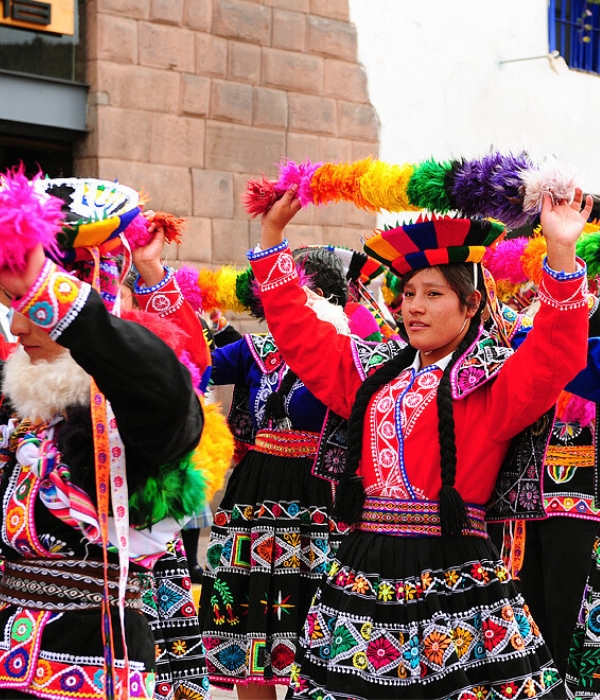
The Cusco region has a wide variety of activities for only 1 day, such as short walks, car tours, bicycle tours, horseback riding, cooking classes, etc. You can enjoy with your friends or family, in a relaxed way, all the cultural and adrenaline activities. This city is located in the heart of the Andes, it is proud to be the owner of different climates and unique landscapes, such as the great sacred valley of the Incas, the Ausangate mountains, the Quillabamba and Manu jungles. Cusco definitely offers the best vacations for all types of travelers, those who love nature, culture, history; Likewise, it is good to know that cusco 365 days a year there are religious and Andean festivals, with colorful dancers and happy music, in short, cusco has everything for you.
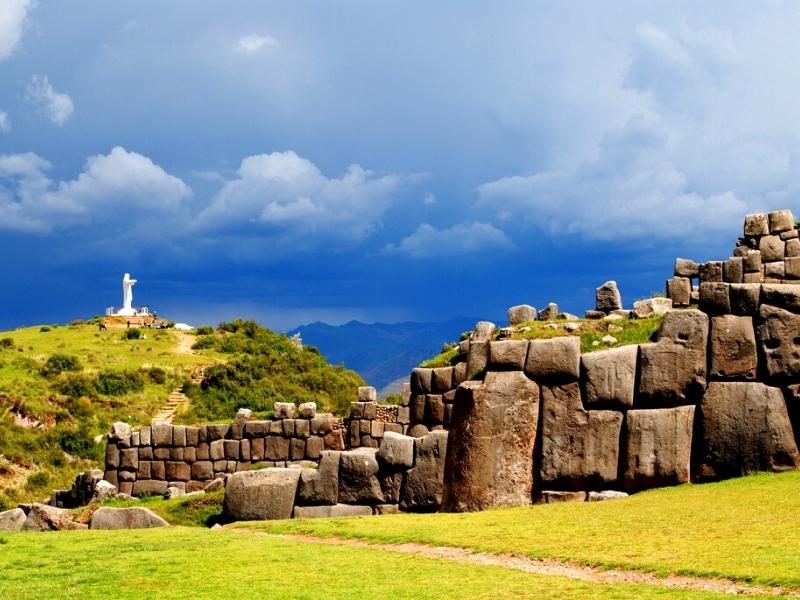
Cusco has been a sacred space since ancient times, where various cultures arose to this day. In fact, one of the greatest cultures that managed to dominate the territory of South America were the INCAS, who left many architectural constructions in each place they conquered, and it is still possible to visit them today.
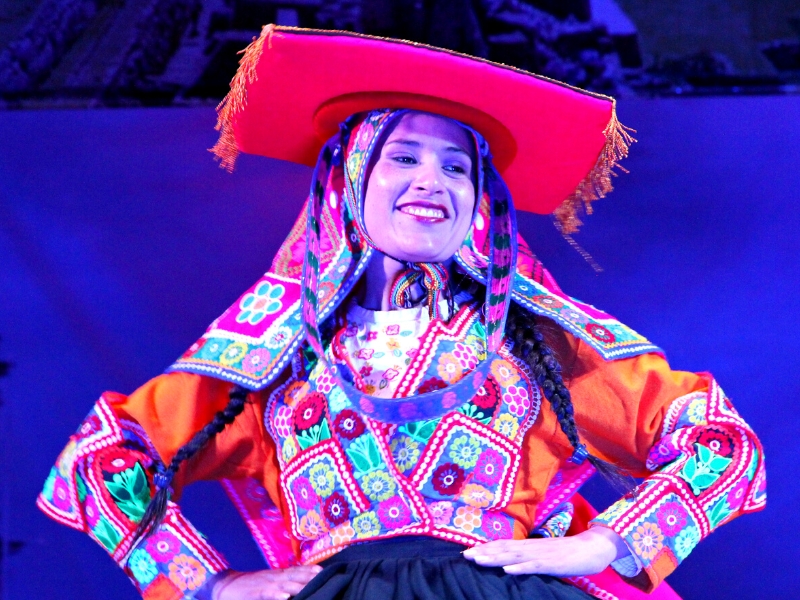
When you arrive in Cusco, surely one of the elements that will call your attention is to see many ladies walking with their llamas or alpacas, and that is because this city still preserves its cultural richness. In Cusco there are still native peoples who speak Qechua as their native language. The people of Cusco are very kind to visitors, always ready to help them if they need it.
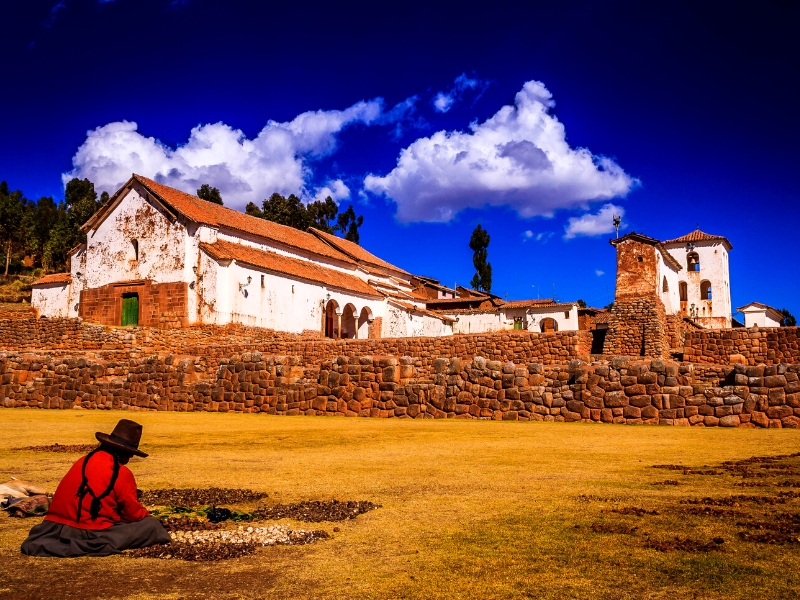
Cusco is a very welcoming place that offers each traveler different shades of its beautiful geography. If you like photography you can visit the beautiful landscapes of the Andes on the Ausangate route, colorful local markets; And if you are looking for scenarios of the Amazon jungle, nearby is the Manu National Park, and of course not to mention the famous Vinicunca colored hill.
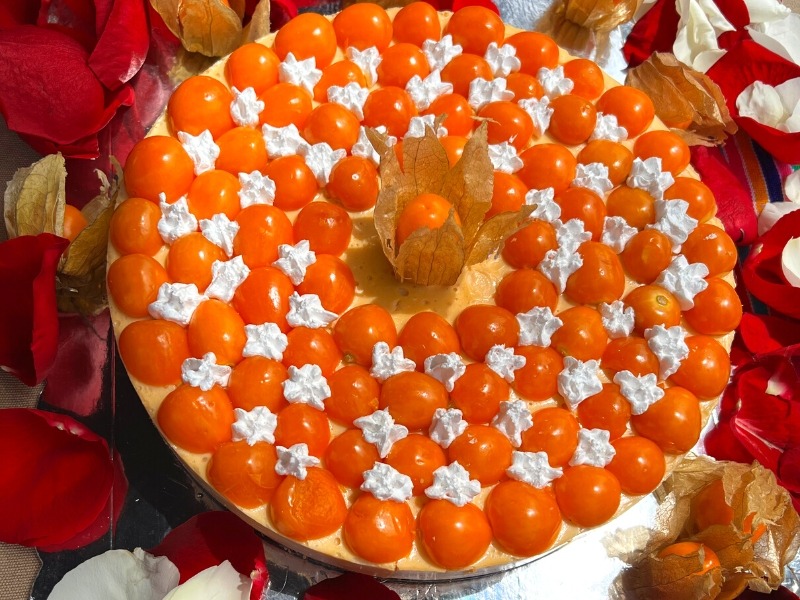
Today you can enjoy the best dishes that are prepared by expert chefs in the most famous restaurants of the already awarded Cusco cuisine. This is due to the large number of fresh ingredients and the fusion with other cuisines such as Oriental, Italian and French. Try the famous guinea pig, alpaca, kaqchi, Chayro, Lisas Uchu, Merienda, corn with cheese.
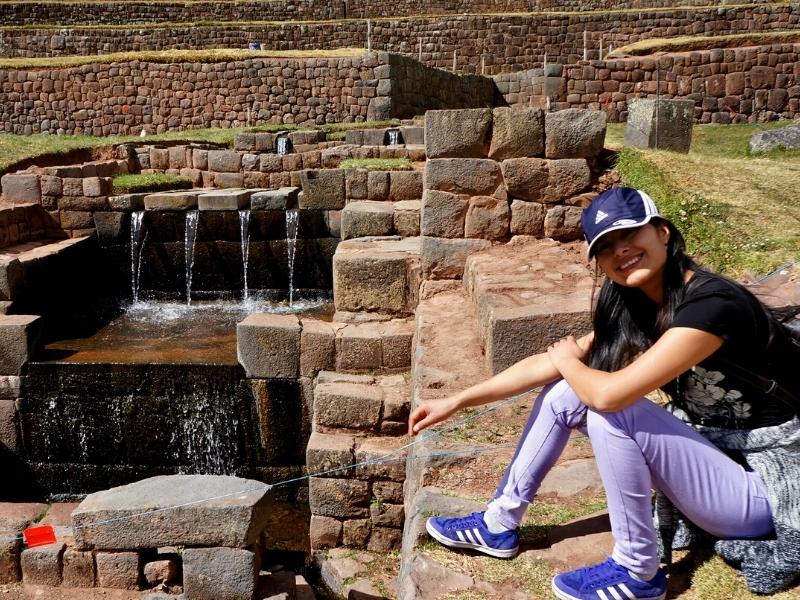
Explore the beautiful South Valley of Cusco, this circuit offers you to appreciate the hydraulic technology of the Incas, the ancient city of the Wari culture. The majestic Sistine Chapel of Andahuaylillas, in a half day tour with the best guides in Cusco.
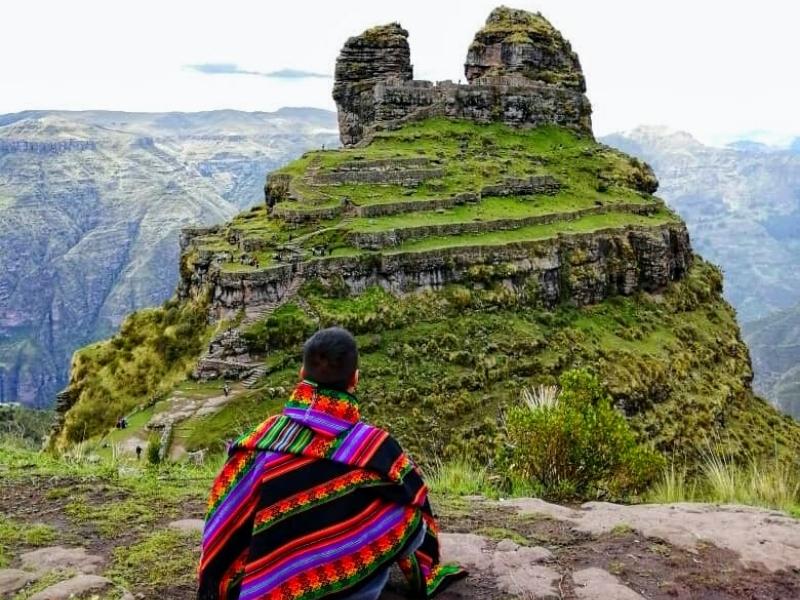
On top of a mountain in Cusco, Peru, there is an enigmatic Inca fortress that very few know about. The place has an overwhelming landscape, where gigantic stone formations stand out and its beauty is one of the most spectacular in the Andean world.
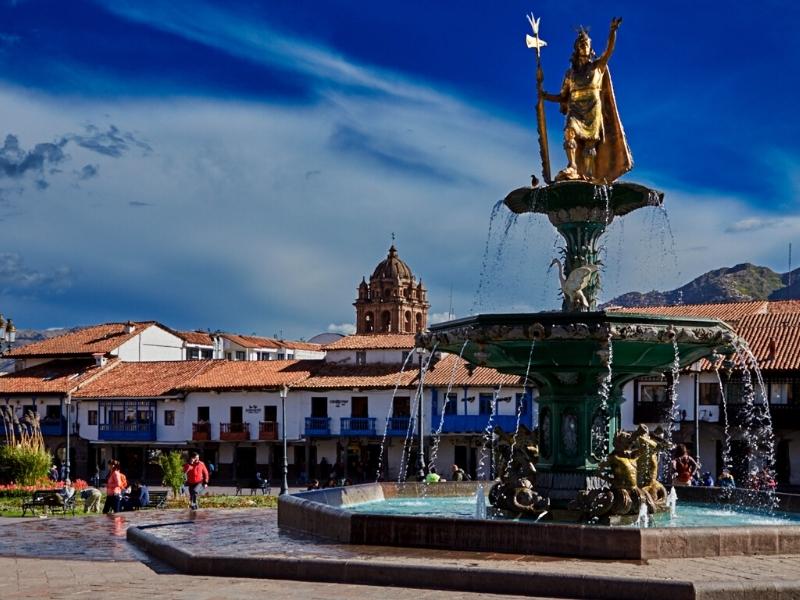
Cusco, the former capital of the Inca Empire, is one of the most fascinating cities in South America. Just walking through the city center you can see the incredible mix of Inca and colonial architecture, watch the merging of indigenous and Spanish influences, and feel the history that flows through every cobblestone street.
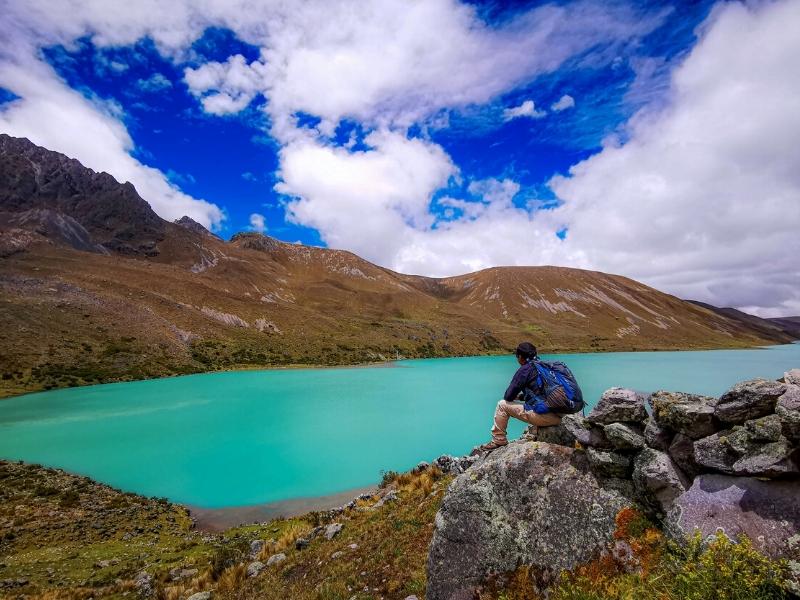
Singrenacocha turquoise Lake Day Hike is located about 3 hours away from Cusco City. This stunning lake offers up a great day trip option for those looking for amazing mountain views and gatorade blue water without much effort. The drive takes you right to the lake where you can walk small trails exploring different vantage points with the company of local farmers and their alpacas
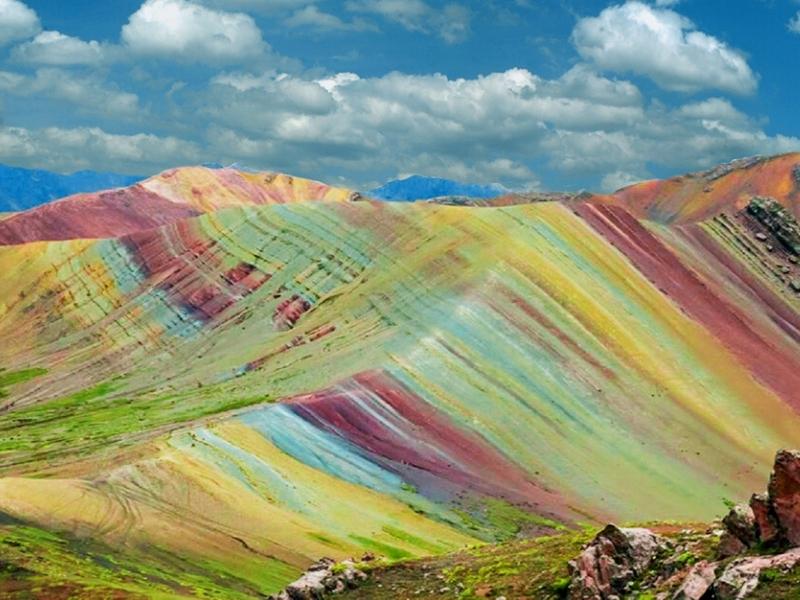
The Palcoyo mountain is a dazzling mountain range of multiple colors, little visited, surrounded by beautiful Andean landscapes. The walk to Palcoyo is good from April to November.
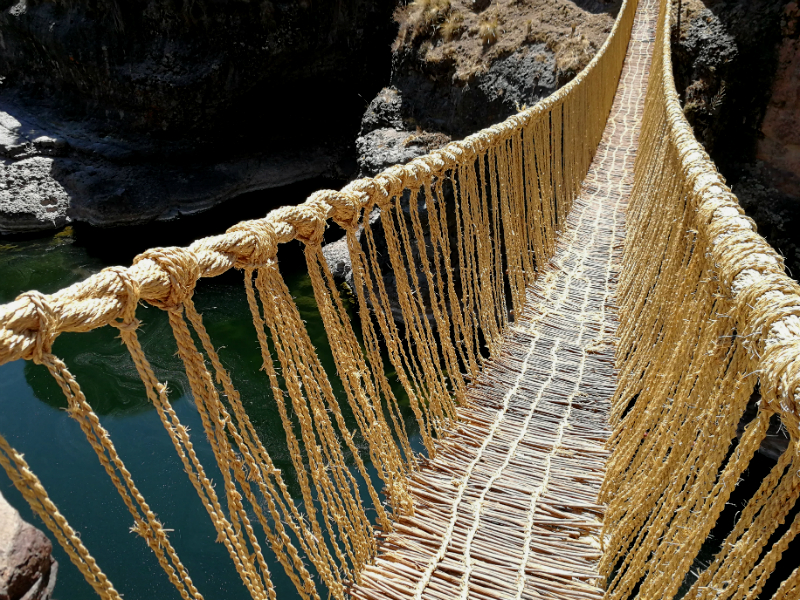
The tour to the last inca bridge in queswachaka and the temple of wiraqocha is a new route where you can discover unique places and less traveled. Cusco has many things for you, came and enjoy this beautiful inca sites.
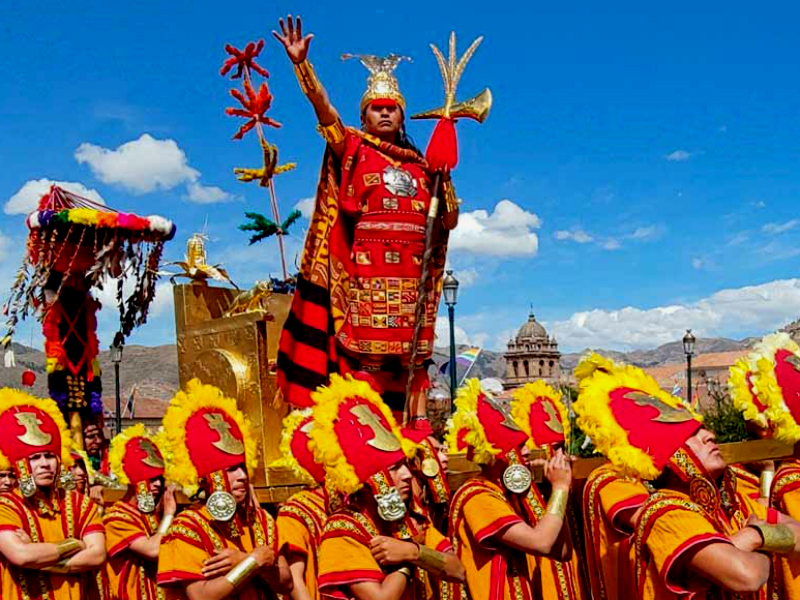
The Inti Raymi in Peru is a traditional religious festival of the most powerful god of the Inca civilization "Inti" (Sun). Each year on June 24th, The Inti Raymi festival is celebrated during the winter solstice. The festival is the most luxurious, large and colourful celebration performed in Cusco, like it was carried out on incas time.
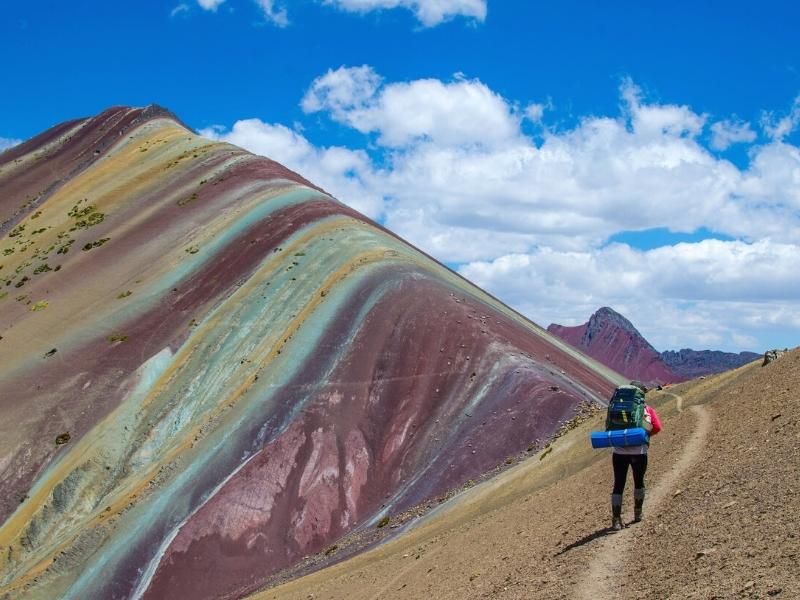
Explore the Vinicunca rainbow mountain tour, walk through the most beautiful mountains in Peru, surrounded by large snow-capped mountains, and herds of alpacas. Enjoy great views of the Red Valley, which will give you a feeling of being on the planet Mars.
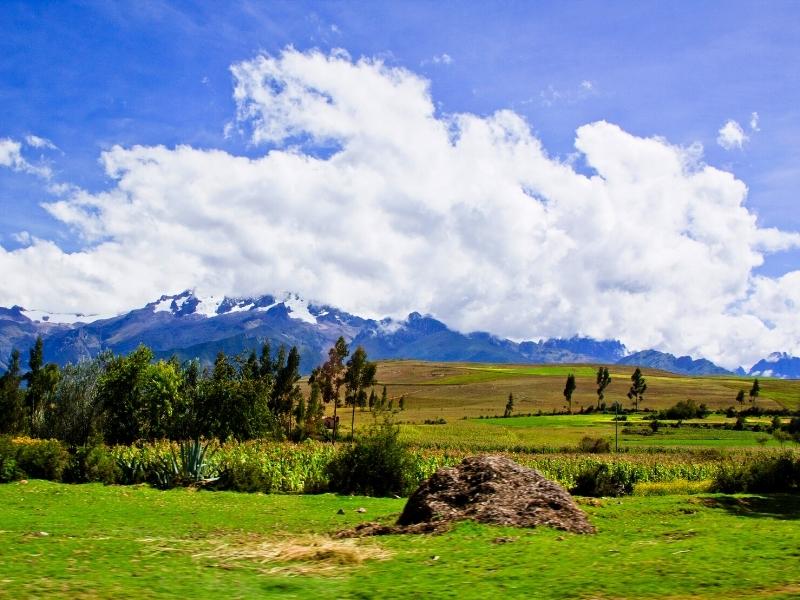
Explore the Sacred valley of the Incas, Visit the best archaeological remains of the Incas in Chinchero, Moray, Ollantaytambo and Pisac. Beautiful landscapes surrounded by snowy peaks and corn fields.
Cusco, Machu Picchu and the Sacred Valley have just two seasons – wet (summer) and dry (winter).
The rainy season usually begins in October and runs until March with January and February being the wettest months. The rains can be fierce when they hit, causing landslides and disrupted transportation schedules. Average temperatures during the dry season range from 5 C° to 19 C°.
The dry season runs from April until September. June and July are the driest months but also the coldest with temperatures sometimes dropping below zero. Average temperatures during the dry season vary from o degrees to 25 C° during the day. Temperatures tend to rise around noon due to the strong daytime insulation and the transparency and dryness of the atmosphere. Similarly, the loss of solar radiation can cause temperatures to drop below zero in the evening, night and early morning.
Peak season in Cusco is from June to August when tours and accommodation are usually booked out well in advance. An ideal time to visit Cusco and the Sacred Valley is right before peak season in April – May or just after peak season in September or October before the rains begin. The weather is good during these periods and everywhere is less crowded.
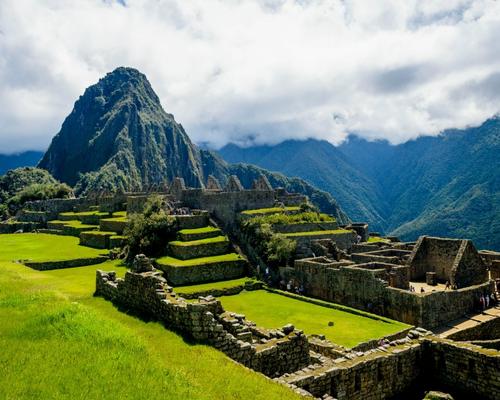 JANUARY
JANUARY
 Warm - Heavy Rain
20 °C / 7 °C
Warm - Heavy Rain
20 °C / 7 °C
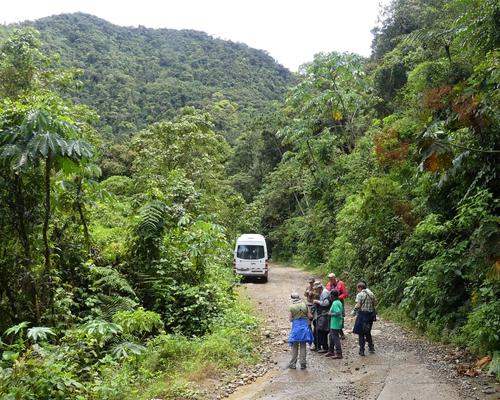 FEBRUARY
FEBRUARY
 Warm - Heavy Rain
20 °C / 6 °C
Warm - Heavy Rain
20 °C / 6 °C
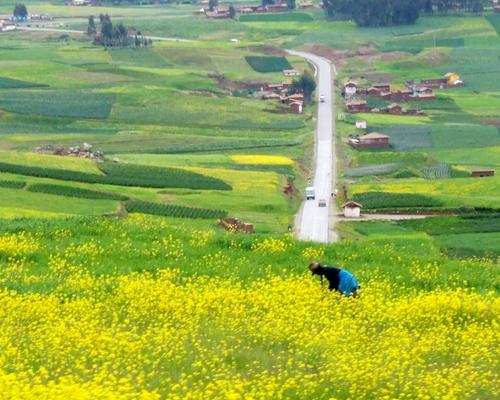 MARCH
MARCH
 Warm - Light Rain
20 °C / 5 °C
Warm - Light Rain
20 °C / 5 °C
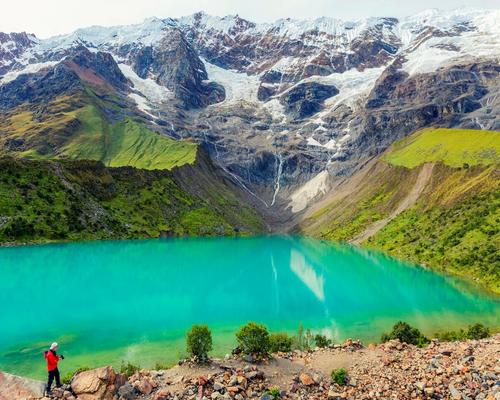 APRIL
APRIL
 Hot - Warm
21 °C / 4 °C
Hot - Warm
21 °C / 4 °C
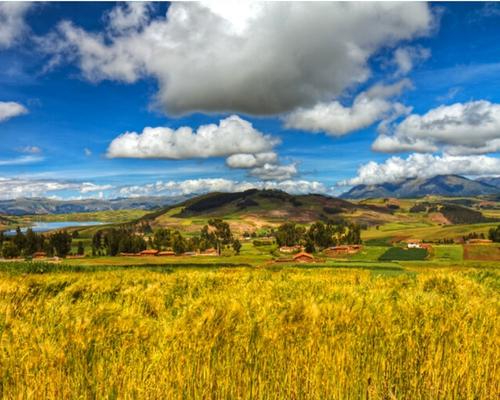 MAY
MAY
 Hot
21 °C / 0 °C
Hot
21 °C / 0 °C
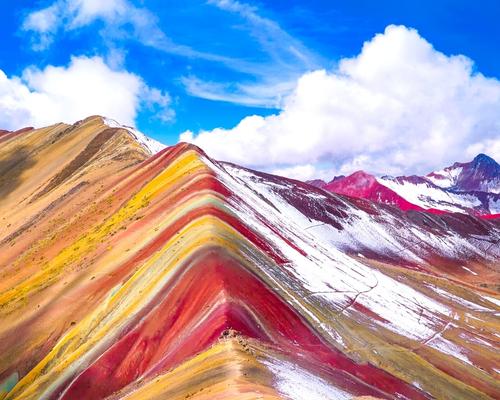 JUNE
JUNE
 Hot
20 °C / -5 °C
Hot
20 °C / -5 °C
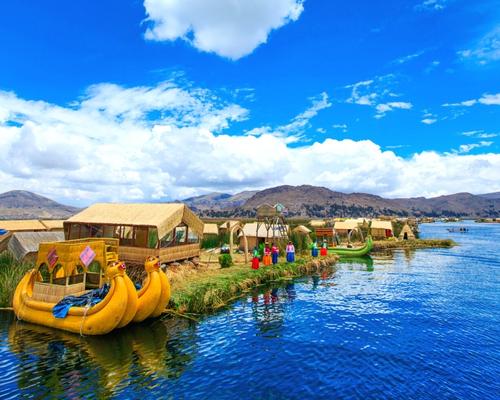 JULY
JULY
 Hot
21 °C / -3 °C
Hot
21 °C / -3 °C
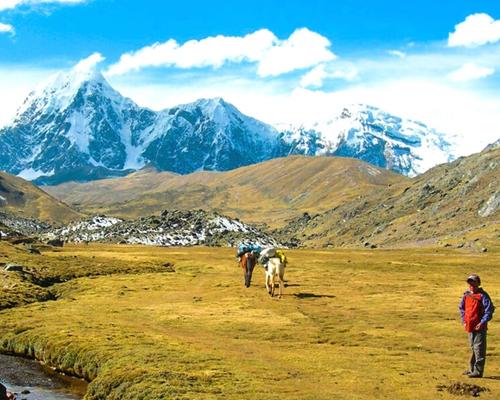 AUGUST
AUGUST
 Hot
21 °C / -1 °C
Hot
21 °C / -1 °C
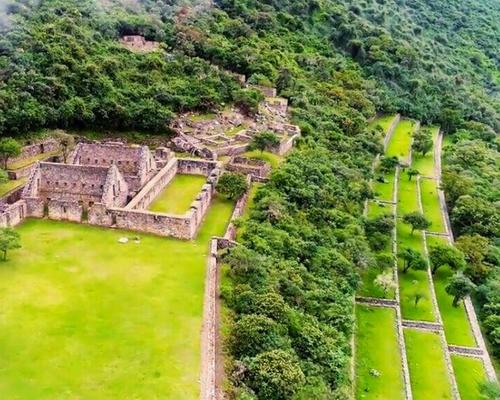 SEPTEMBER
SEPTEMBER
 Hot
21 °C / 3 °C
Hot
21 °C / 3 °C
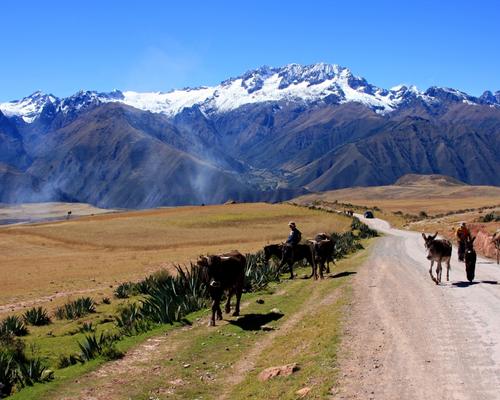 OCTOBER
OCTOBER
 Hot - Warm
22 °C / 5 °C
Hot - Warm
22 °C / 5 °C
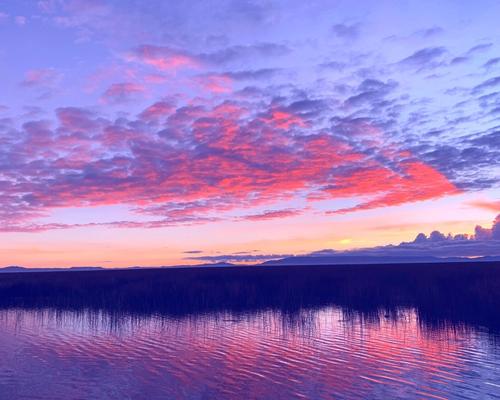 NOVEMBER
NOVEMBER
 Hot - Warm
23 °C / 6 °C
Hot - Warm
23 °C / 6 °C
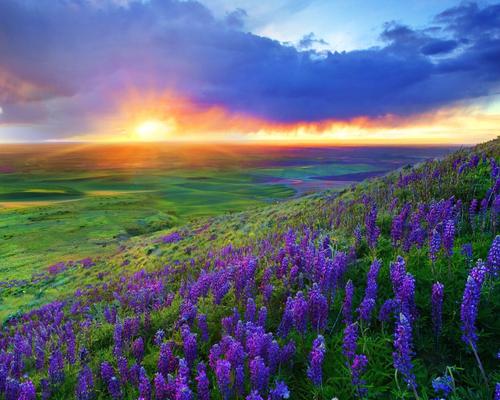 DECEMBER
DECEMBER
 Warm - Light Rain
21 °C / 7 °C
Warm - Light Rain
21 °C / 7 °C
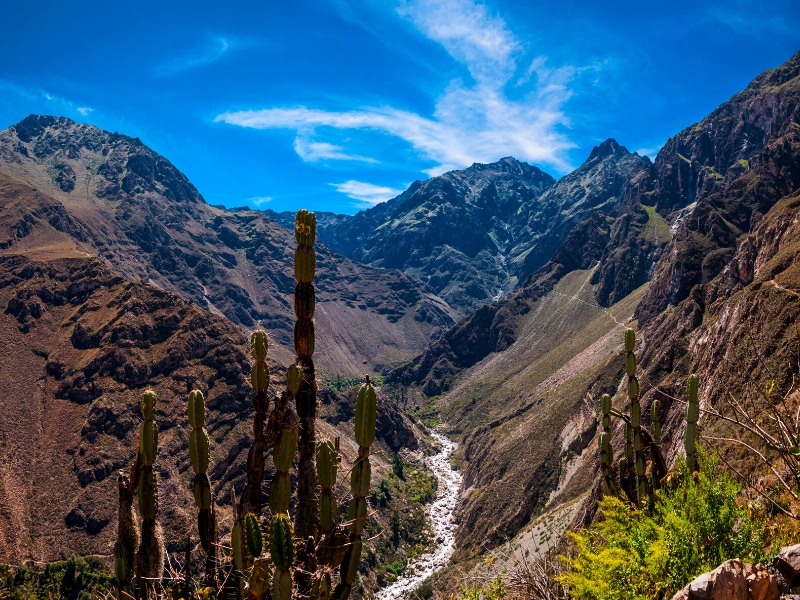
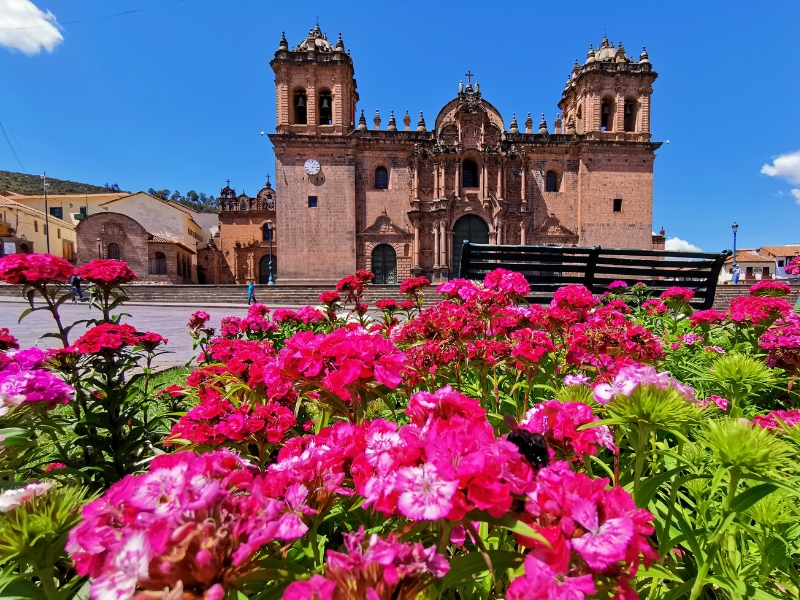
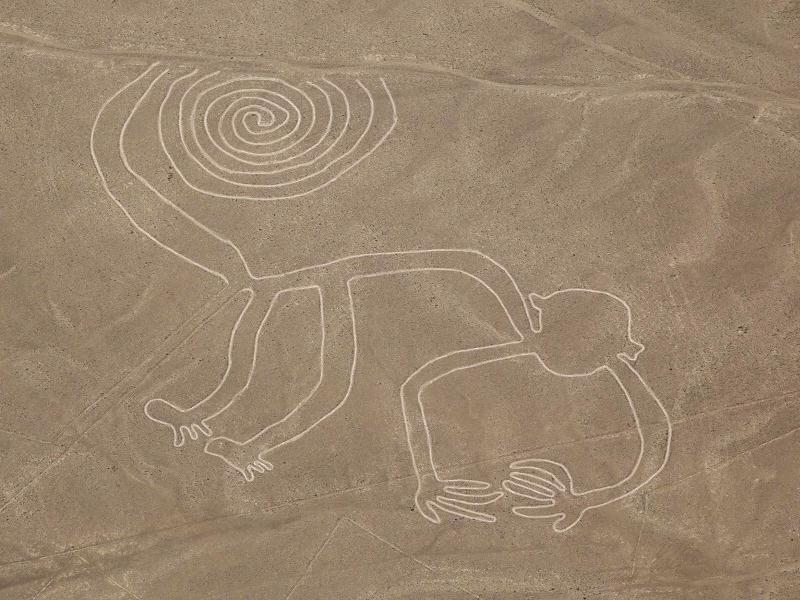
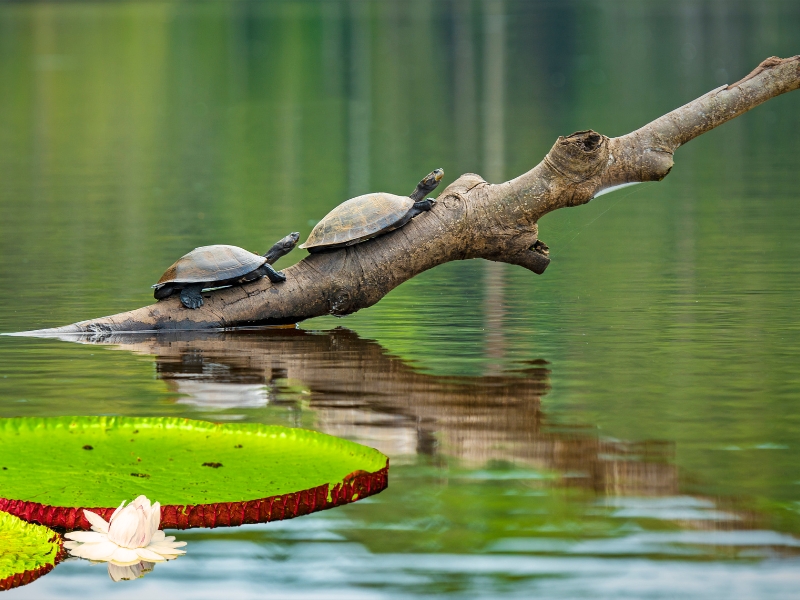
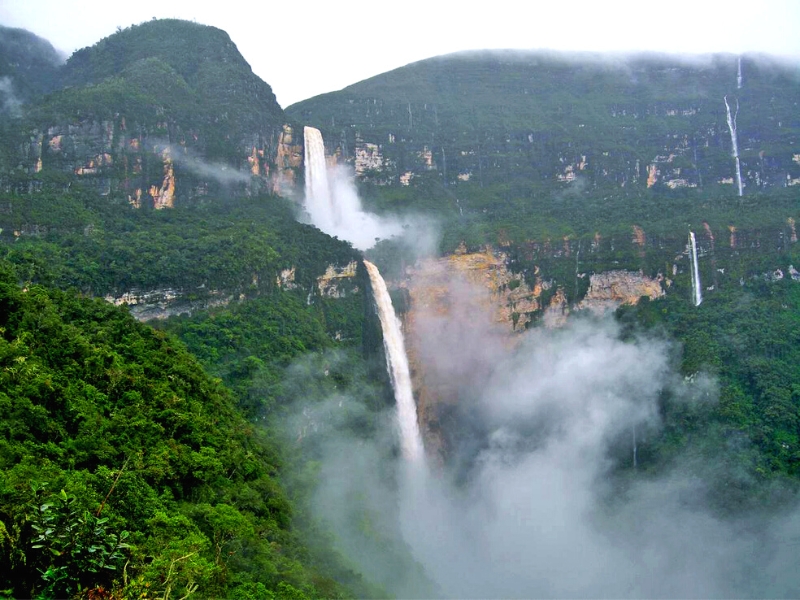
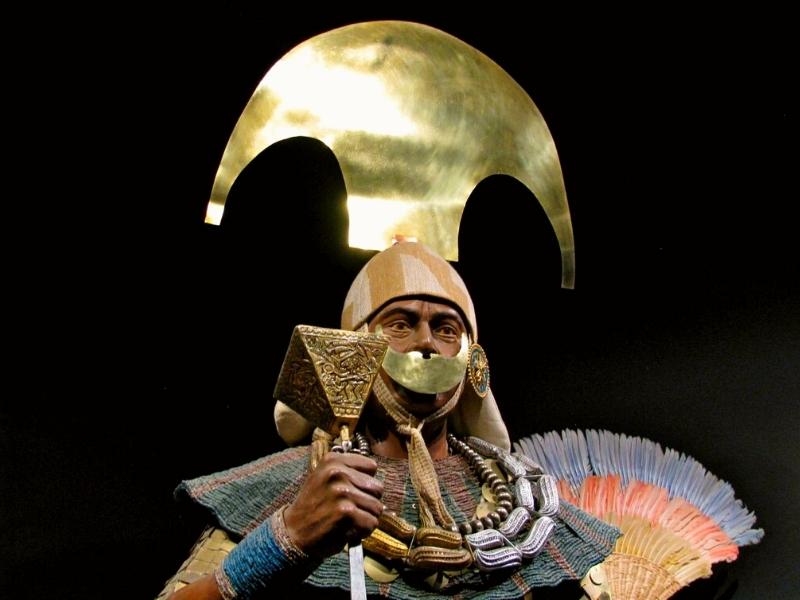
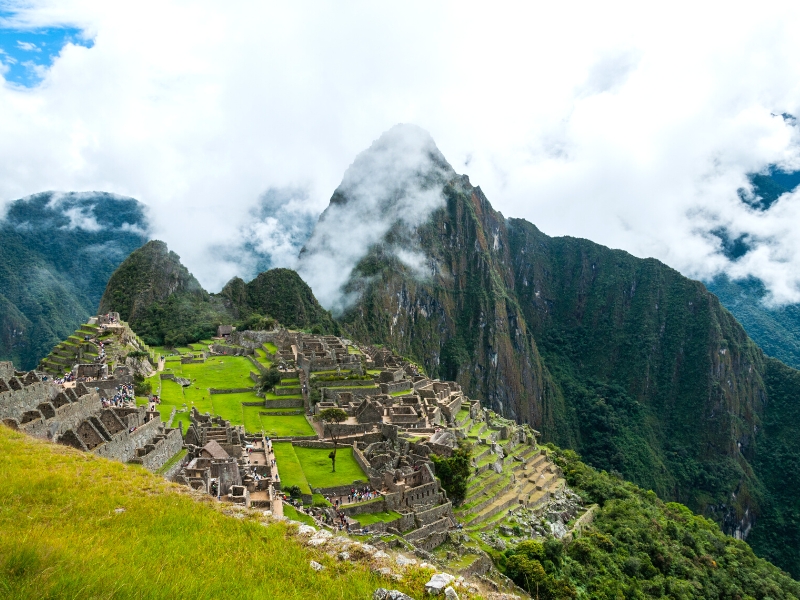
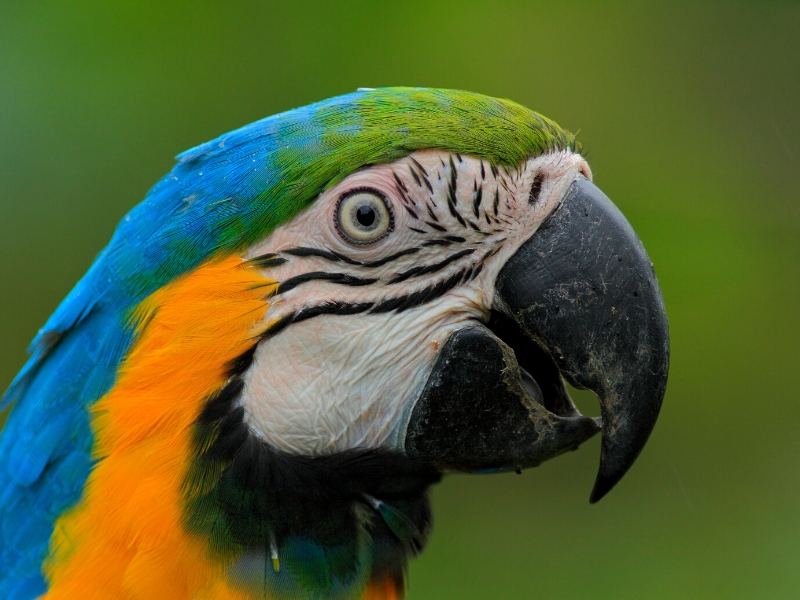
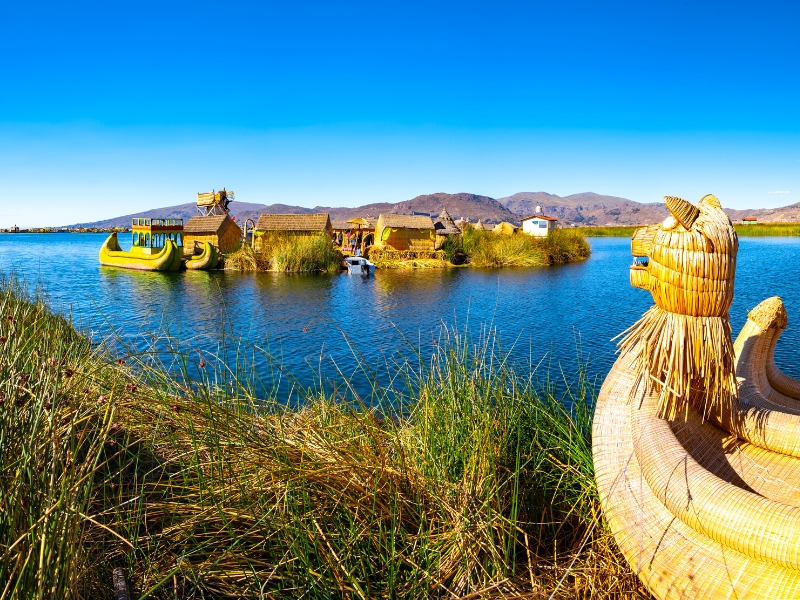
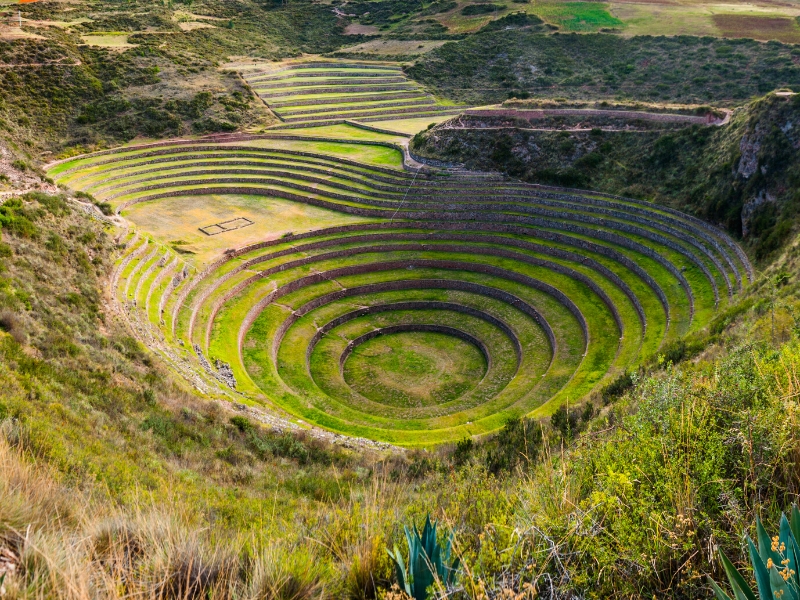
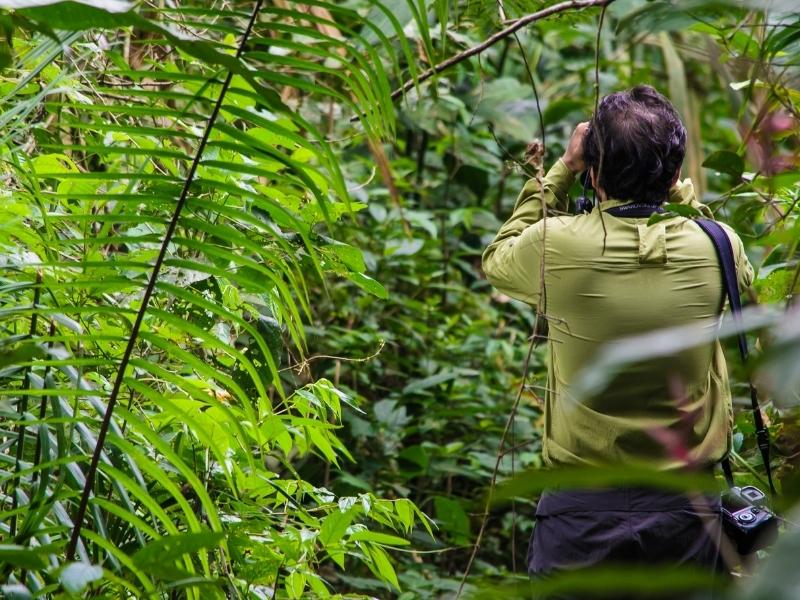
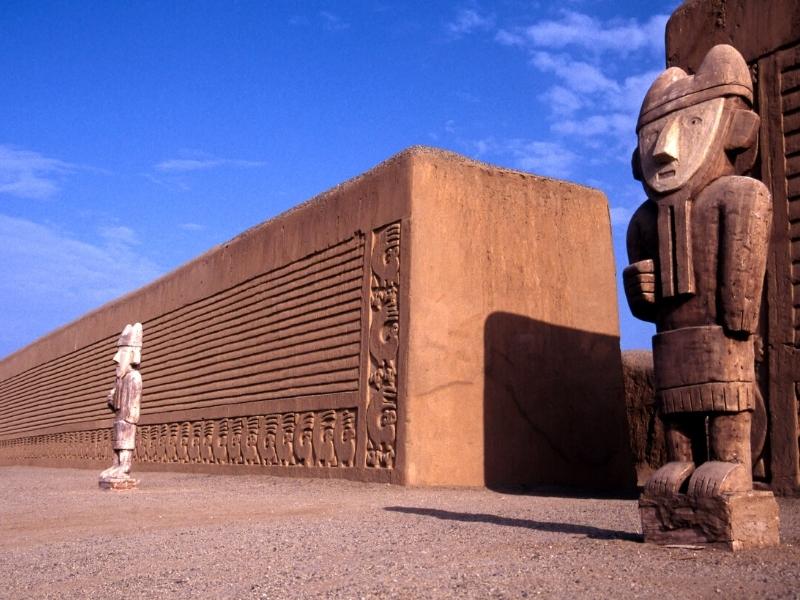
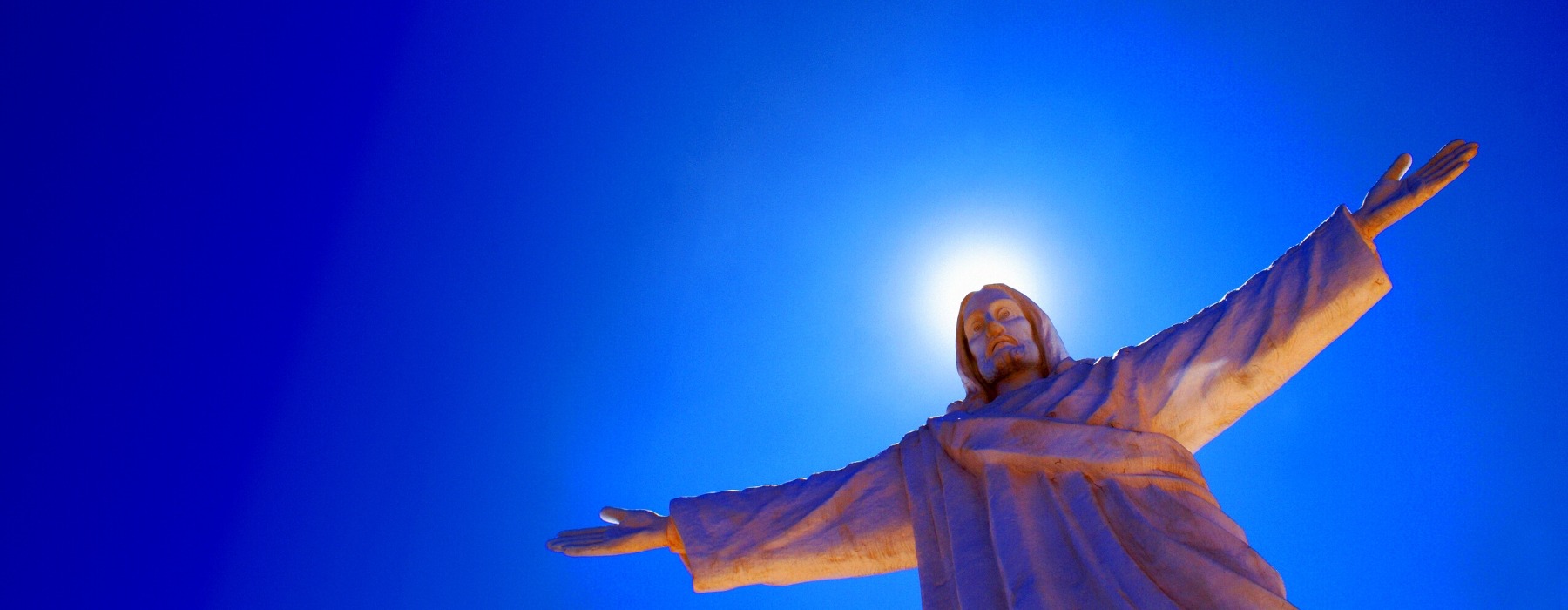
Nothing gets you closer to a country than walking through it, and we’ve got trips to suit walkers of all levels and interests.
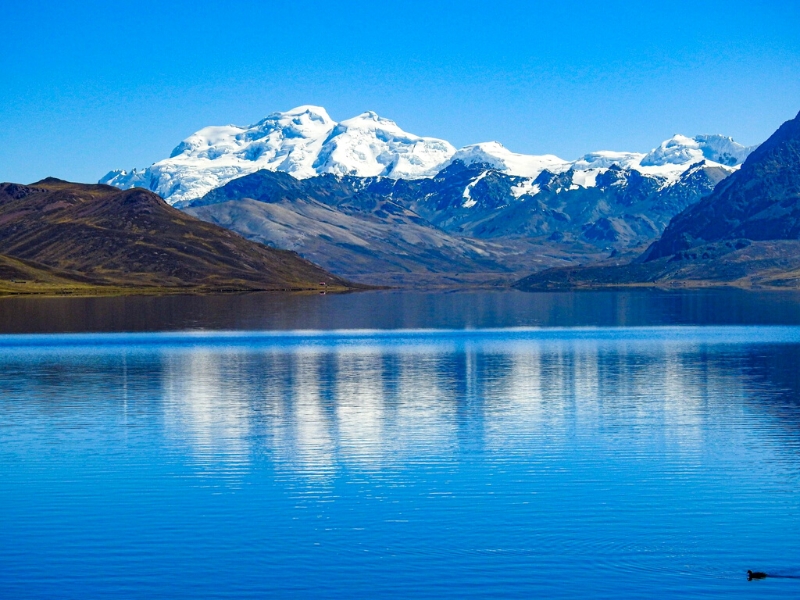
All our Walking trips are graded from ‘Easy’ through to ‘Challenging to Tough’. On our online trip itineraries you’ll find a chart showing the daily walk distances, timings and information on the route including the terrain, altitude. Generally, no specific training is needed but you might feel more comfortable if you’ve got out walking a few times in the lead-up to your trip.
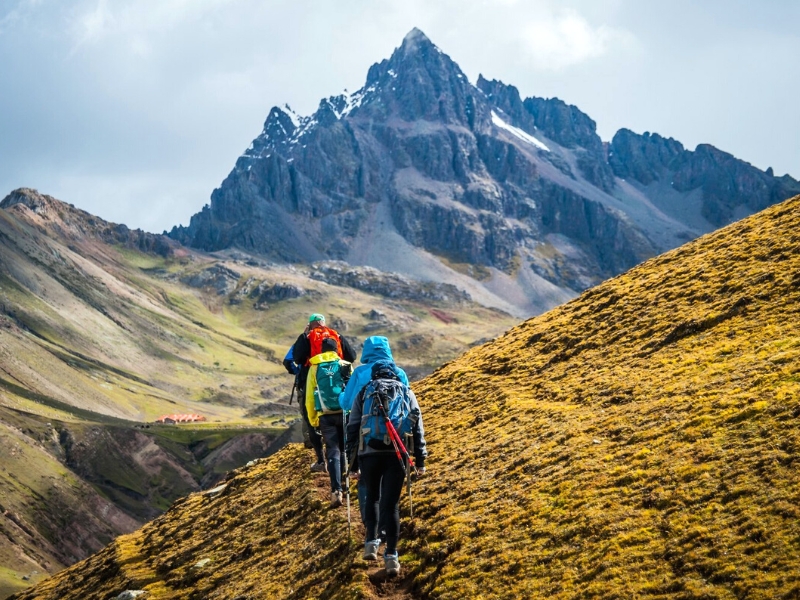
As with all our trips, every group is different but the ‘average’ group consists of roughly half couples and half solo travellers – all sharing a passion for exploring the world on foot. You’ll always have someone to keep you company along the route, but you don’t always have to walk together. Wherever possible your Andean Great Treks leader will allow everyone to walk at their own pace, regrouping regularly along the route.
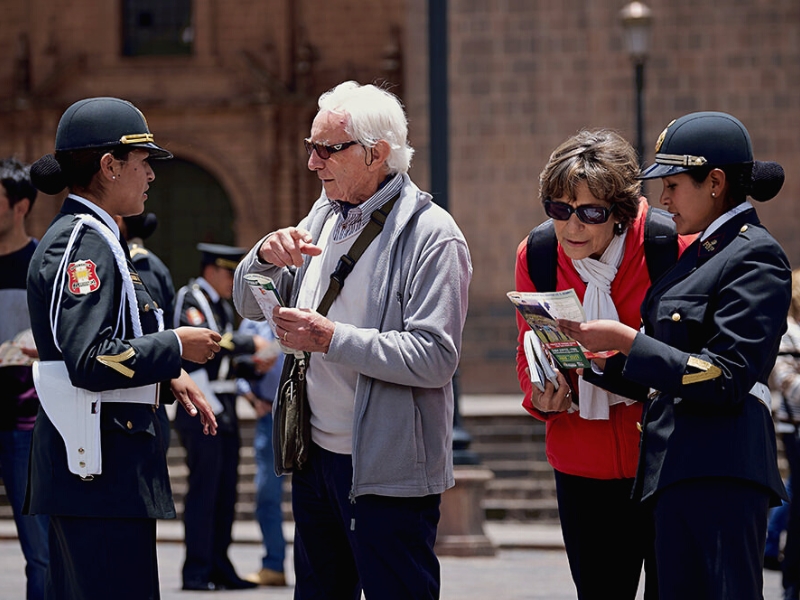
Like many other countries in developing destinations, the region’s beauty and uniqueness are countered by inequality and lack of investment. This has led to crime rates (mainly theft and scams) not being uncommon in the larger cities. We know this doesn’t sound very attractive, but it’s important to mention it regardless. Most experienced and well-traveled visitors will understand this well and not be too concerned. However, having said this, it is our duty to take care of you during your visit. That’s why we present you here with a few recommendations to be extra safe. Avoid walking alone at night on empty streets. Don’t flaunt valuables! If going for a walk or going on public transport, be sensible and avoid showing off expensive items such as expensive watches and jewelry. Be careful of pickpockets! Don’t leave your bags anywhere that doesn’t look safe, and make sure to take them with you.
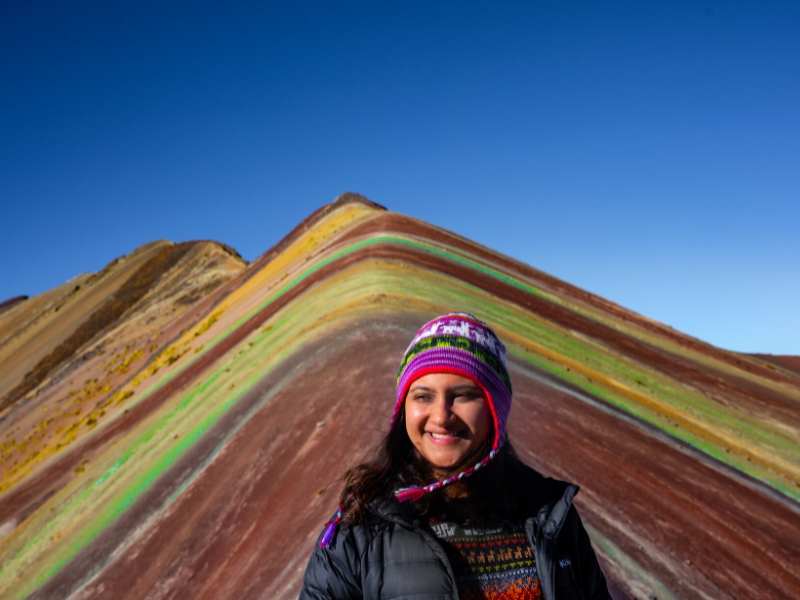
Soroche, or mountain sickness, is a reality for most people arriving in Cusco by plane from sea level and needs to be treated with respect. It’s vital to take it easy, not eating or drinking much on arrival, even sleeping a whole day just to assist acclimatization (coca tea is a good local remedy). After three days at this height most people have adjusted sufficiently to tackle moderate hikes at similar or lesser altitudes. Anyone considering hiking the major mountains around Cusco will need time to adjust again to their higher base camps.
If you do encounter altitude-related health problems, many hotels and restaurants have oxygen cylinders to help; alternatively, for serious cases, try call any of the clinics that are in Cusco, most of them have staff that speak English, for a greater facility in your attention it is recommended to have a travel insurance that covers medical expenses.
International flights to the capital city of Lima are plentiful but once there, you need to find a way to Cusco which is about 1100 km (684 miles) away. The quickest way to get to Cusco from Lima is to fly – it takes about 55 minutes. I don’t recommend traveling by bus because it takes about 24 hours – only do it if you intend to break the journey along the way, to visit other places.
Renting a car to travel from Lima to Cusco is not recommended. The roads are rough, and you could find yourself lost or face to face with one of the other dangers that come with traveling in unfamiliar territory.
The easiest way to explore the Sacred Valley from Cusco is on a guided full day tour that picks you up and drops you off from your hotel. The market in Pisac and Inca ruins in Ollantaytambo are the principal stops, though travelers with more time on their hands will find plenty more to see and do. It’s also possible to take a local bus or taxi into the Sacred Valley and do independent exploration.
Rainbow Mountain, or Vinicunca as it’s known by locals, has become a popular hike in the Cusco region. It’s possible to visit Rainbow Mountain in one (very long) day from Cusco or you can divide the trip into a two-day itinerary. While the hike isn’t very difficult and doesn’t have many steep inclines, Vinicunca is in a high elevation region (the highest part of the trail is 17,060 ft or 5,200 m) and you should spend time acclimating before starting the hike.
We are not afraid to say that Cusco is a place where every traveler ends up at least once during the trip around Peru, and it is hard to tell what is the right length of stay.
If your primary reason why to visit Cusco is to get to Machu Picchu, you still should spend here at least two days to acclimatize (despite the fact Machu Picchu is at a lower elevation than Cusco, some people still suffer from altitude sickness), and during this time you can explore the city and Sacred Valley.
From our personal experience, we think that the longer you can stay in Cusco it is better. Some travelers with limited time even revolve their entire itinerary around Cusco – this only proves how rich the city is in terms of sightseeing, architecture, and activities.
Cusco has so many things to see and do, not only within the city limits but mostly outside, that it is not a problem to spend here weeks. If you are flexible, sit down, and write down all one-day and multi-day treks you would like to do from Cusco, and you should get the optimal number of days for you.
There are so many things to see and do in Cusco and its surroundings that the city certainly deserves more than one day of your time.
To enjoy your days in Cusco the most, it is essential to choose the right accommodation. The good news is that Cusco has a great network of hotels for every type of traveler, from cheap hostels to luxurious mansions. That’s why your only job is to find a hotel in a location that suits you the best.
We recommend staying close to Centro Historico unless you want to stay away from crowds. We’ve selected the three best hotels in Cusco, so feel free to get inspired.
In recent years, Peruvian cuisine has gained popularity in the world’s culinary landscape, but for the freshest (and most authentic) specialty dishes, Cusco will not disappoint. Most Peruvian dishes carry big flavor not seen in other Latin and South American fare. You may have already tried popular dishes like ceviche (a cold dish of fresh raw fish with spicy citrus flavors) or lomo saltado (stir fried beef with fries). If you’re feeling a bit more adventurous, try Cuy (roasted guinea pig – yes, the American household pet) or charbroiled alpaca (also known as llama). Other delicious traditional dishes include adobo (a pork stew with corn beer), tamales, choclo con queso (boiled corn with local cheese) and the vegetarian stew capchi de setas. As far as vegetables go, Peru produces more than 4,000 varieties of potato, so you’ll find many dishes centered on them like papas a la huancaina (boiled potatoes with a spicy cheese sauce) and causa (a potato casserole with a variety of meat). Other staple veggies include corn and avocados. If your mouth isn’t watering yet, check your pulse.
For a taste of traditional dishes, head to PACHAPAPA or the award-winning CHICHA (visitors and locals recommend getting reservations well in advance). Peruvian cuisine often mingles with Asian influences, inspired by the culture brought by indentured servants and immigrants who came to Peru dating back to the original Spanish rule in the country. For a sampling of the Asian/Peruvian fusion cuisine, visit LIMO. If you’re really looking to splurge on a fine dining experience, try MAP Cafe. Located in the courtyard of the Pre-Columbian Art Museum in a glass shipping container, the fare is more contemporary Peruvian cuisine. You can also kick-start your day with coffee and breakfast at Jack’s Cafe, which serves breakfast all day. Many of the most popular restaurants are centrally located near Plaza de Armas.
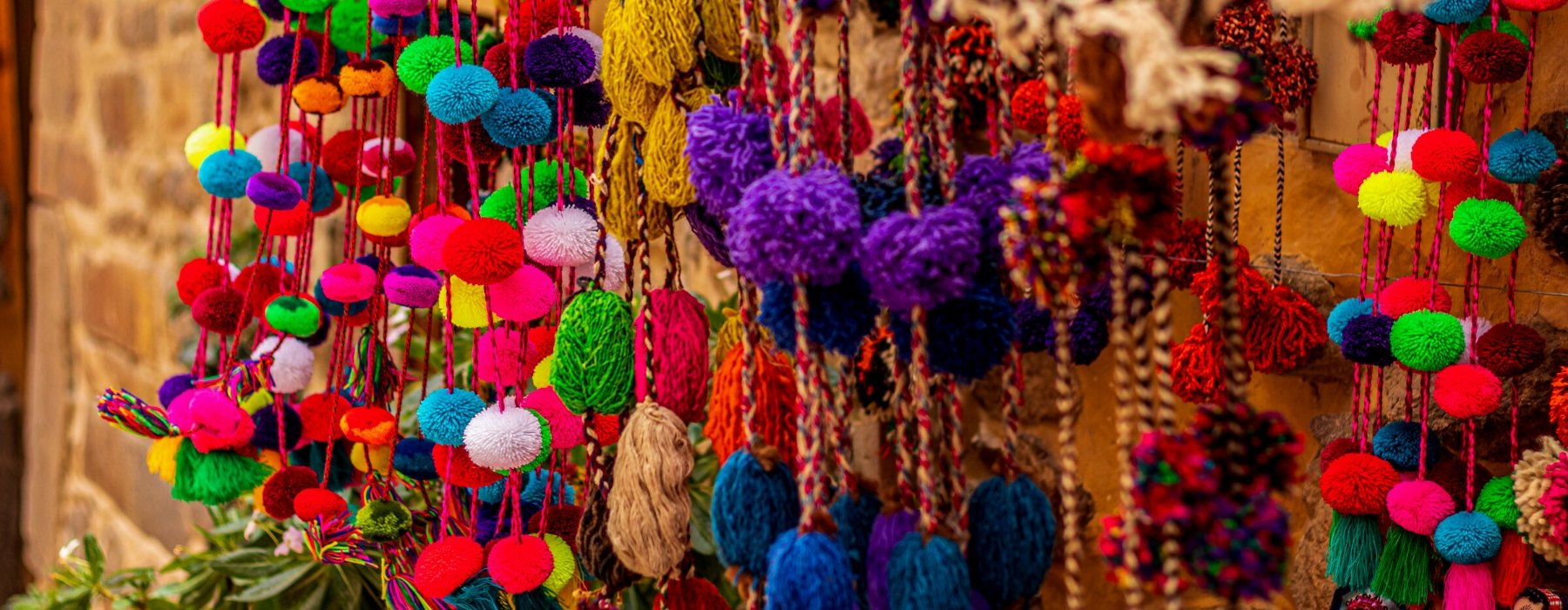
Every Andean Great Treks holiday has been thoughtfully planned and crafted by our specialists. They draw on their own extensive travel experience and the guidance and expertise of our local partners to create superb holidays. Our specialists are committed to making every aspect smooth and enjoyable; they genuinely want to ensure that the holidays they create leave you with wonderful lasting memories.
Every Andean Great Treks traveller is accompanied by an experienced tour guide, you will be immersed in Historic cities, ancient ruins and unfamiliar landscapes are all brought to life by our carefully selected local guides. They want to share their expertise and help you make your own discoveries too; their sole mission is to ensure you enjoy every moment.
Giving you the freedom to make your holiday even more memorable. We know how much our customers look forward to their holiday and we pride ourselves on the choice and flexibility that we offer to enhance every aspect of your experience. Whether it’s getting to the airport, upgrading your room or booking an additional excursion, we can help.
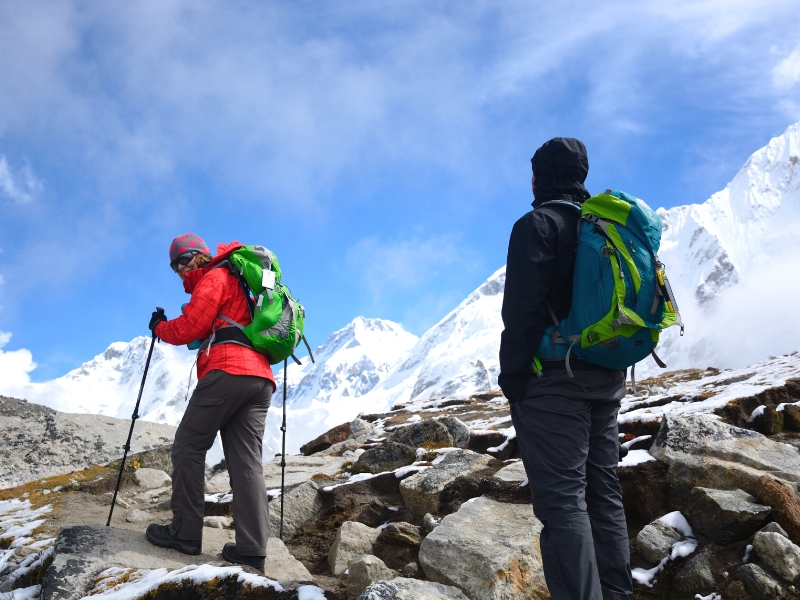
Our guides are the stars of the show; it is their unrivalled knowledge, passion and expertise that will transform your tour experience from good to truly extraordinary!
Because the have grown up in the area and know it like the back of their hand, so they can help you experience whichever aspects most interest you. They’re passionate about sharing their corner of the world with you, and as you explore together, they’ll open your eyes to the intricate details, provide background to enhance your understanding of what you’re seeing, and share stories that will bring everything to life.
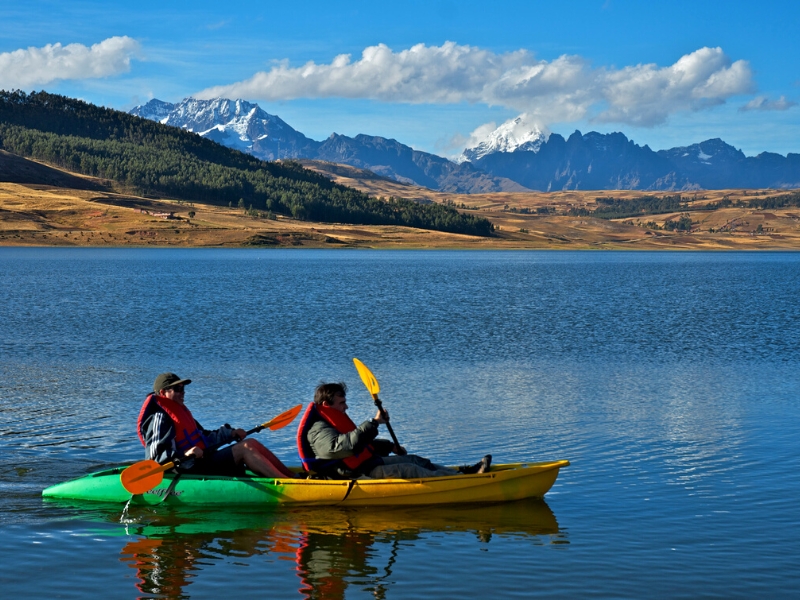
“Your inspiration for a trip can be a single word or a highly evolved outline, but it’s the conversations we have that help us understand the experience you’re looking for. Meanwhile, I’m looking back on the time I spent at the destination.
‘The great thing about working with a specialist at Andean Great Treks is how they take your complete jumble of ideas and turn them into something absolutely spectacular.’
As you begin to share your ideas with your specialist, it will connect them immediately back to a time in their own travels. Conjuring a picture of the rest time they made that same discovery, reminding them how it felt.
Your specialist understands that, when the journey is right, it has the power to excite your emotions in the most profound ways after all, that was the effect on them.
They carry a treasure box of moments, captured over many journeys, into every suggestion they’ll share with you, as they ask you how you want to feel on your trip.
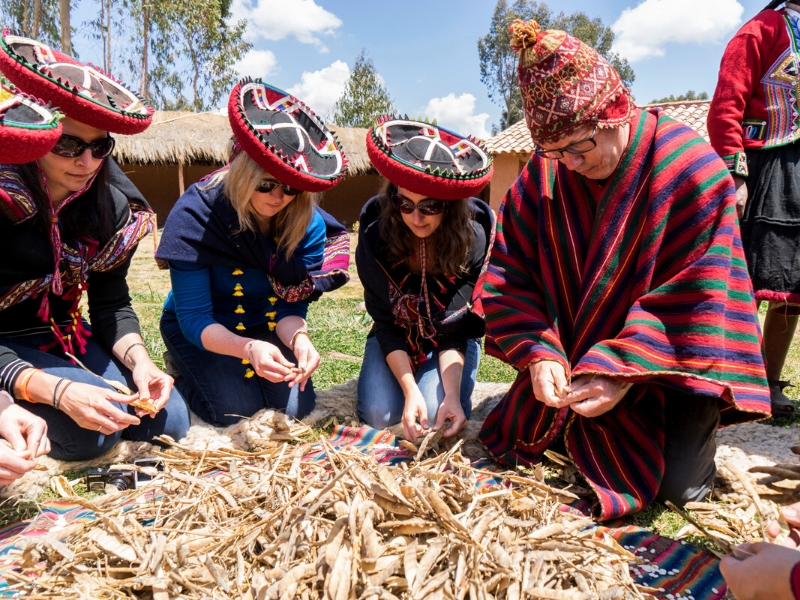
EXPERIENCES THAT CALL TO YOU
It’s what you do in a destination that helps bring it to life. It’s why we strive to choose experiences that help you connect to a place, absorbing a little of its complex character. Wherever your passions lie, we’ll recommend experiences that speak to you, and we’ll recommend the guide or local expert who’s most qualified to help you explore. Packing your holiday full of special experiences means some early starts and long days, but you can be sure that you’ll return home with many incredible memories! Read our Tours and check the Physical Ratings to see if the pace and activity levels are right for you.
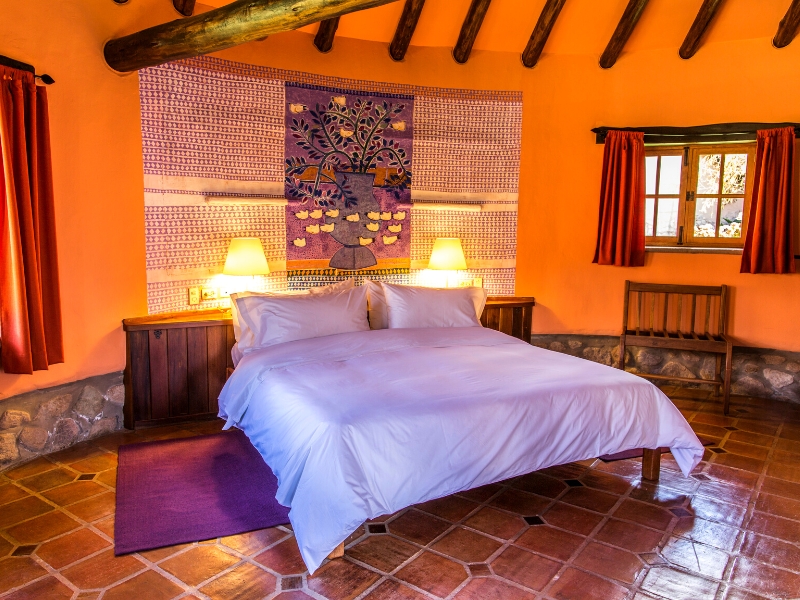
STAYS WITH DIFFERENCE
We know that where you stay is a cherished part of your travels. So, we go to great lengths to find places to stay that exceed expectations, or go above and beyond the ordinary, whether in their character, hospitality, or location. Over the years, we’ve discovered the very best properties, trying and testing them, so we can choose the right one for you. We’ve nourished long-standing relationships with these establishments and the people who founded them, and we’ve stayed there many times often, we’ll even know which rooms have the best views (and reserve them for you).
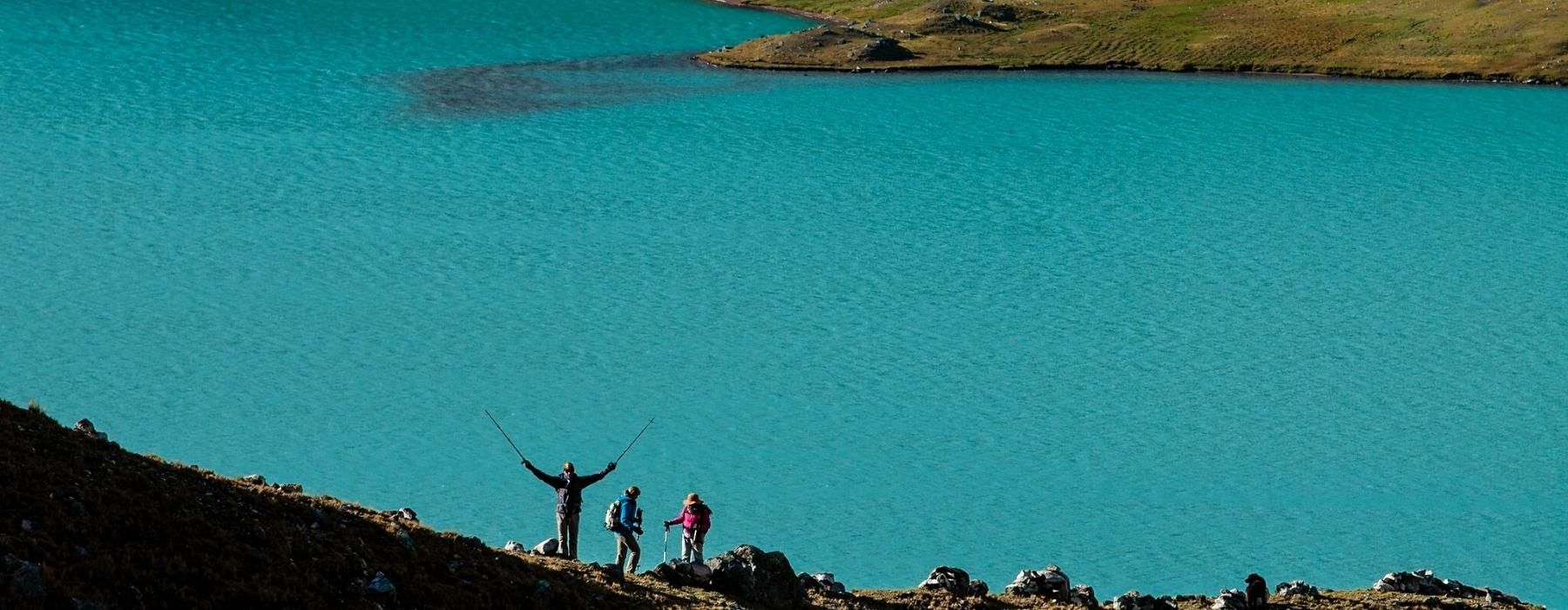
Our style of travel — authentic, thoughtful, and focused on building meaningful connections to the people and places you visit — is inherently respectful and considerate of the destinations we love. We design each aspect of your trip exactly as you want it, which includes its sustainability. That might mean choosing a train journey instead of a flight, staying at eco-friendly wildlife lodges, or opting for experiences that give back to the communities you’re visiting. The choice is yours.
Responsible travel has always been at the heart of what we do. First and foremost, because it gives you the best experience, but, also because it helps to preserve the communities and landscapes you visit. This isn’t new for us we collaborated with local communities and outside experts so we can grow to be better ambassadors.
The most authentic and interesting experiences often directly benefit the local people. We prefer to buy local products that are produced in the organic farms of the Sacred Valley, we also have alliances with local artisan organizations who provide us with souvenir items for our clients, your money directly benefits the local economy.
Our style of travel — authentic, thoughtful, and focused on building meaningful connections to the people and places you visit — is inherently respectful and considerate of the destinations we love. We design each aspect of your trip exactly as you want it, which includes its sustainability. That might mean choosing a train journey instead of a flight, staying at eco-friendly wildlife lodges, or opting for experiences that give back to the communities you’re visiting. The choice is yours.
Responsible travel has always been at the heart of what we do. First and foremost, because it gives you the best experience, but, also because it helps to preserve the communities and landscapes you visit. This isn’t new for us we collaborated with local communities and outside experts so we can grow to be better ambassadors.
The most authentic and interesting experiences often directly benefit the local people. We prefer to buy local products that are produced in the organic farms of the Sacred Valley, we also have alliances with local artisan organizations who provide us with souvenir items for our clients, your money directly benefits the local economy.
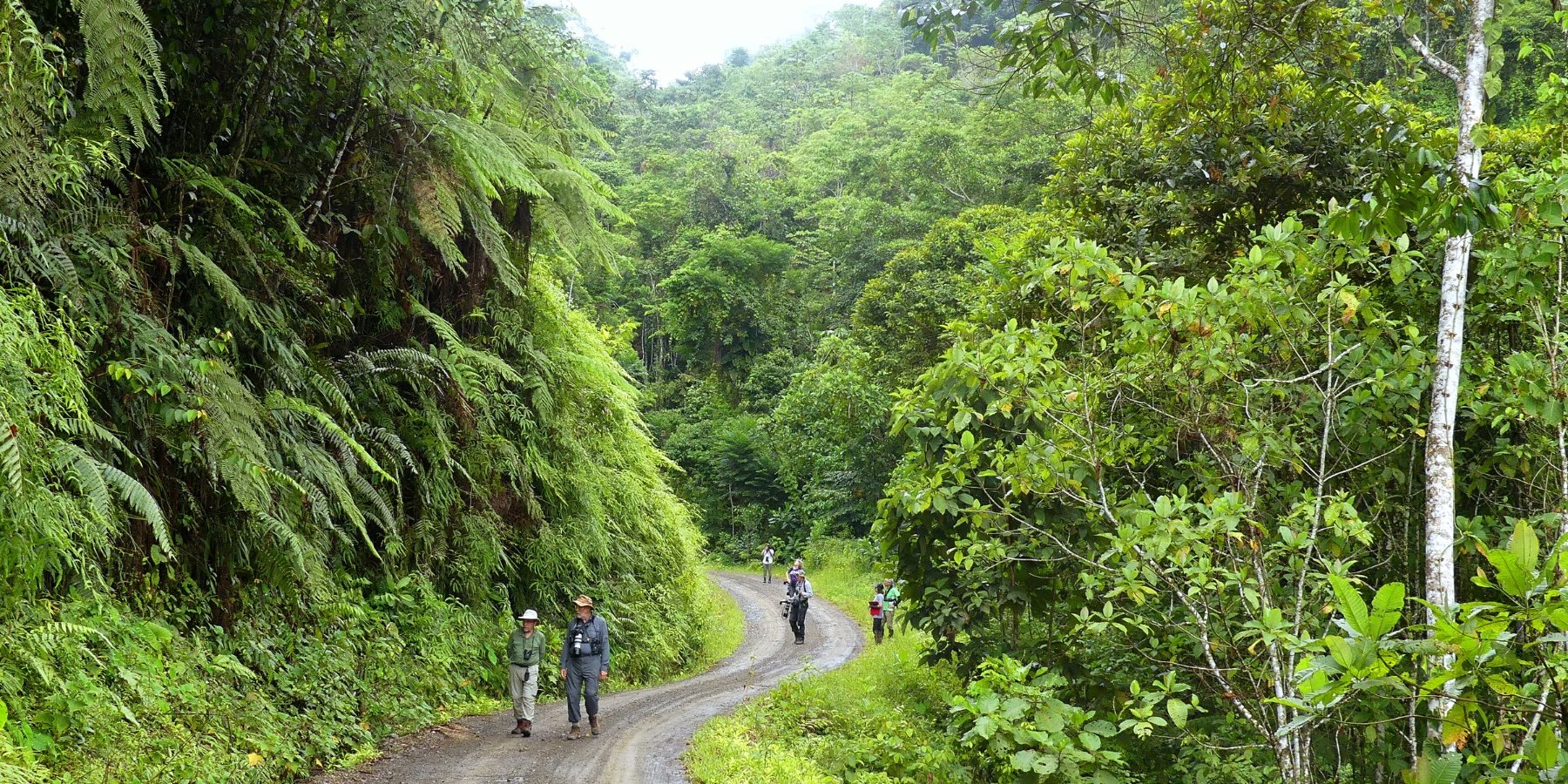
‘There’s a saying: we don’t inherit the Earth from our ancestors, we borrow it from our children. When we show you our country, this philosophy guides everything we do. It’s our responsibility to preserve the environment and wildlife, and support communities. That means using slower modes of transport, like cycling, employing local people, and working with communities who’ll benefit directly from your visit. This also gives you the best, most authentic impression of the places we want to share with you.
We prefer to buy local products in ecological bags, to avoid the use of plastic bags, likewise we teach the use of soaps and ecological products in each tour that we organize. We also work on reforestation projects with local communities who take care of landscape resources such as communal reserves, national parks.
‘There’s a saying: we don’t inherit the Earth from our ancestors, we borrow it from our children. When we show you our country, this philosophy guides everything we do. It’s our responsibility to preserve the environment and wildlife, and support communities. That means using slower modes of transport, like cycling, employing local people, and working with communities who’ll benefit directly from your visit. This also gives you the best, most authentic impression of the places we want to share with you.
We prefer to buy local products in ecological bags, to avoid the use of plastic bags, likewise we teach the use of soaps and ecological products in each tour that we organize. We also work on reforestation projects with local communities who take care of landscape resources such as communal reserves, national parks.
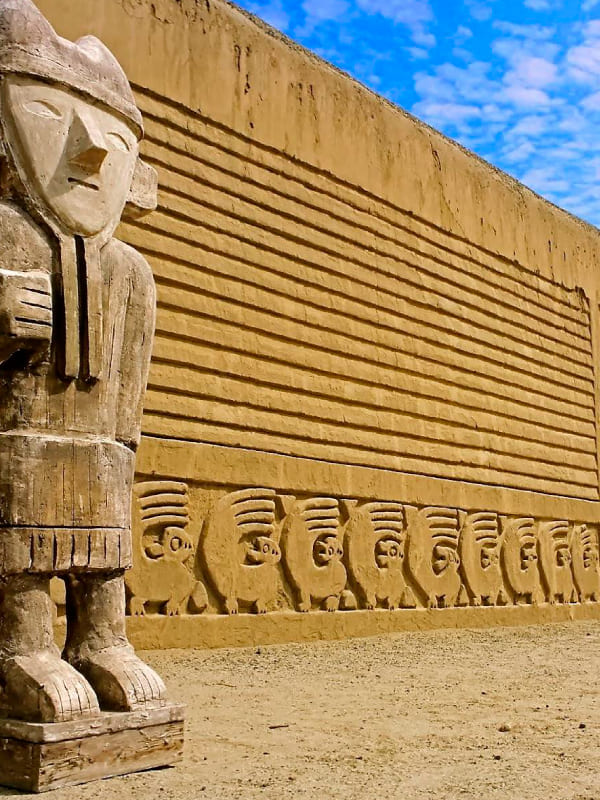
The Magnificent Architecture of Chan Chan Mud City The ancient citadel of Chan Chan is considered the largest pre-Columbian adobe building in the world. Without comparison worldwide, its extension and quality of its reliefs have made it famous, and it annually receives visitors from all over the world. Chan Chan belongs to the Chimu culture, […]
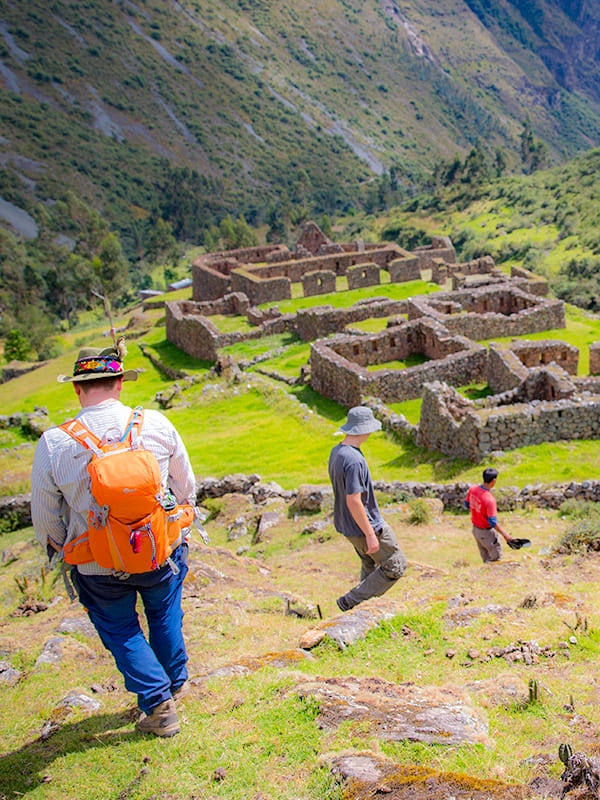
HOW MANY KILOMETERS IS THE INCA TRAIL HIKE TO MACHU PICCHU? There are different Inca trail tours including alternative treks to get to Machu Picchu each of the tours with different experiences and traditions of the areas where it will be traveled. The duration time is according to the tour you take; the most famous […]
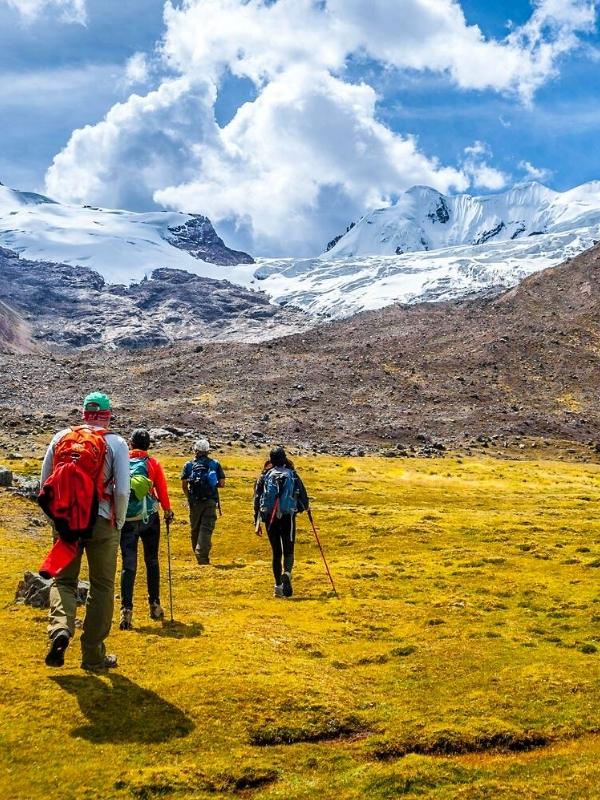
The Ultimate Ausangate Trek: A Complete Guide for Adventure Seekers The Ausangate trek is a “little” gem among the attractions of the Cusco region of Peru. To 100 km southeast of Cusco is the impressive Vilcanota mountain range. The mountain range has several peaks over 6,000 meters, including the sacred Ausangate (6372m), the highest mountain […]
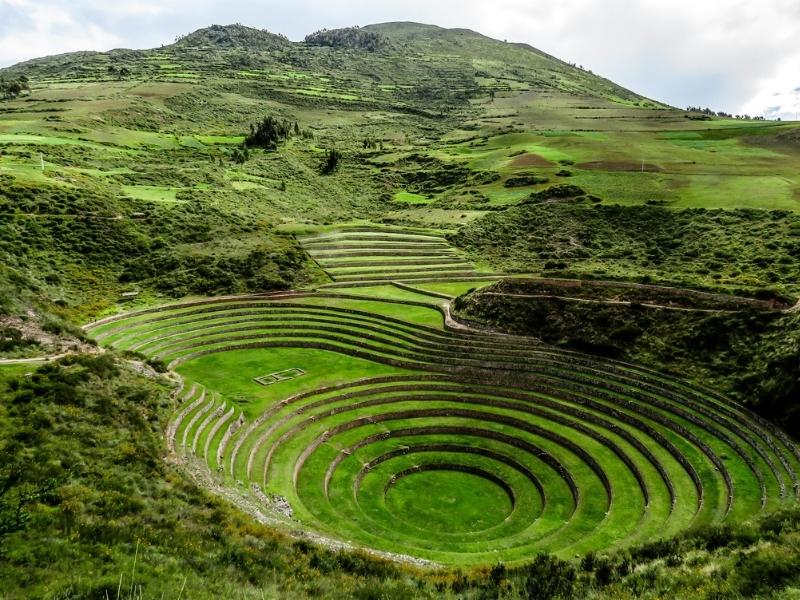
Exlore the best Inca Ruins of Sacred Valley of the Incas. The Sacred Valley of the Incas was a very special place for the ancient, ancient cultures. This is due to its very special climate, which is maintained throughout the year, with temperatures from 15 to 21 C°. The Vilcanota River is the main source […]
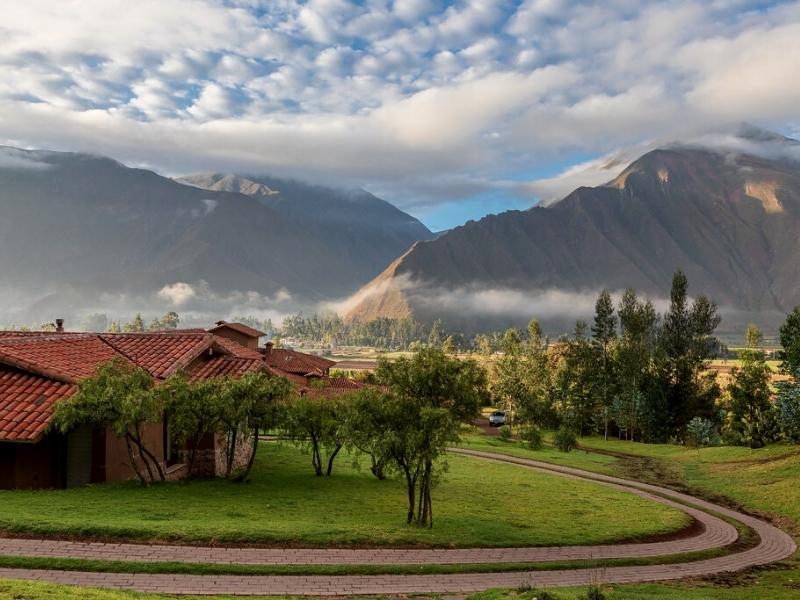
There is something about pausing during your time in the Andes that allows you to embrace the wonder of being there. And there is no better place to pause than in the Sacred Valley of the Incas. The superior amenities of these Sacred Valley luxury hotels – such as relaxing spa services, fine dining and […]
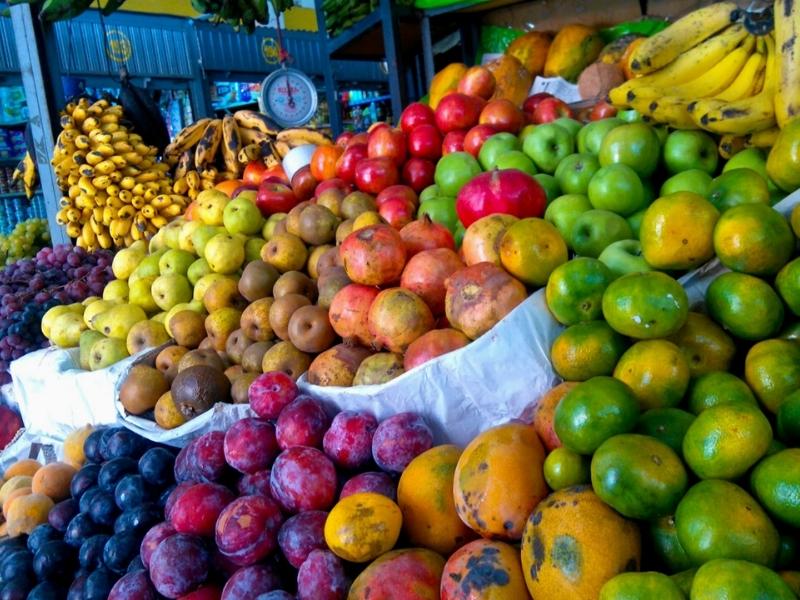
The San Pedro Market is one of the most popular spots in Cusco not only for tourists but for locals as well since it actually is the central market of the Imperial City. For those looking for a glimpse at the traditional way of living in Cusco, this is the way to start! Besides, it […]
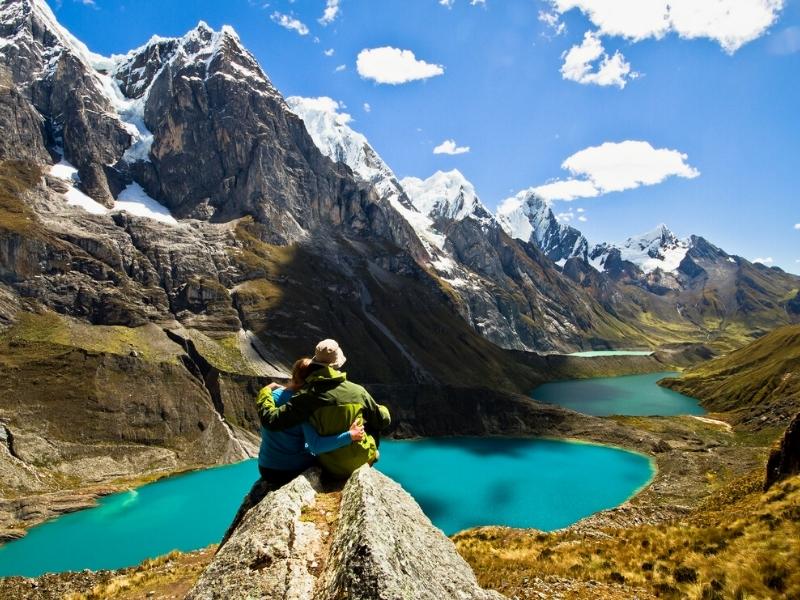
Treks in Cusco. As you may know, the Andes was the birthplace to many ancient civilizations, where some of them influenced the development of the succeeding cultures, while the latest ones left a prevailing legacy in the heart of each region. We know, Machu Picchu is basically the synonym of Peru but that doesn’t mean […]